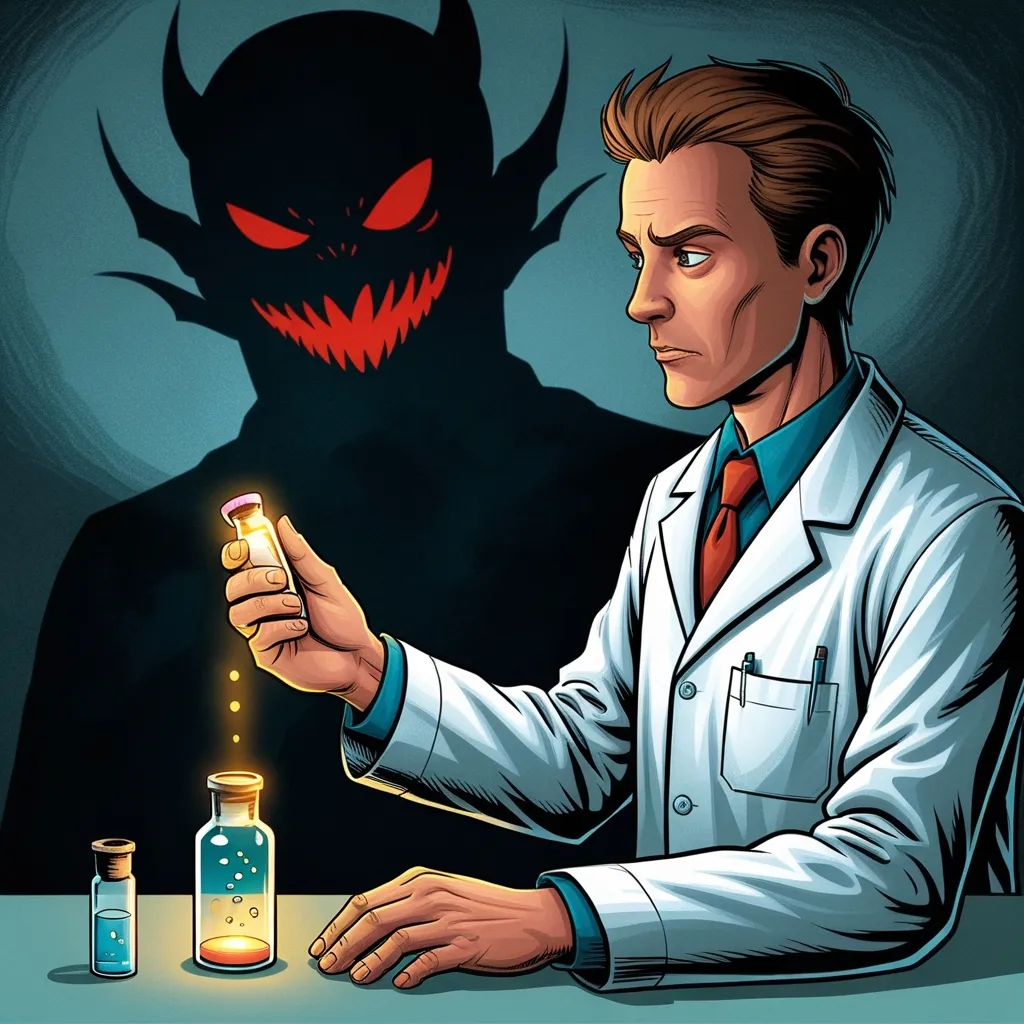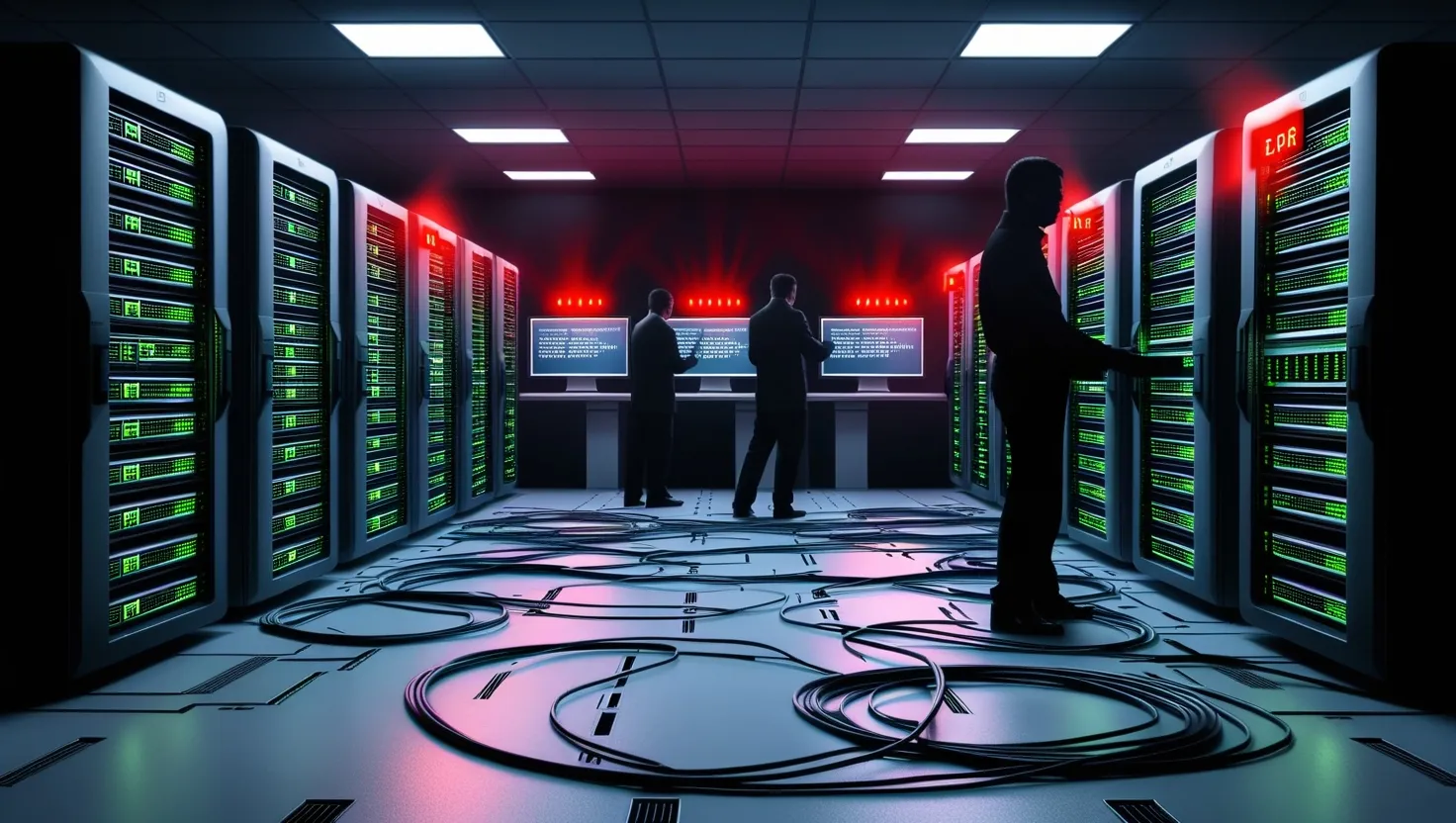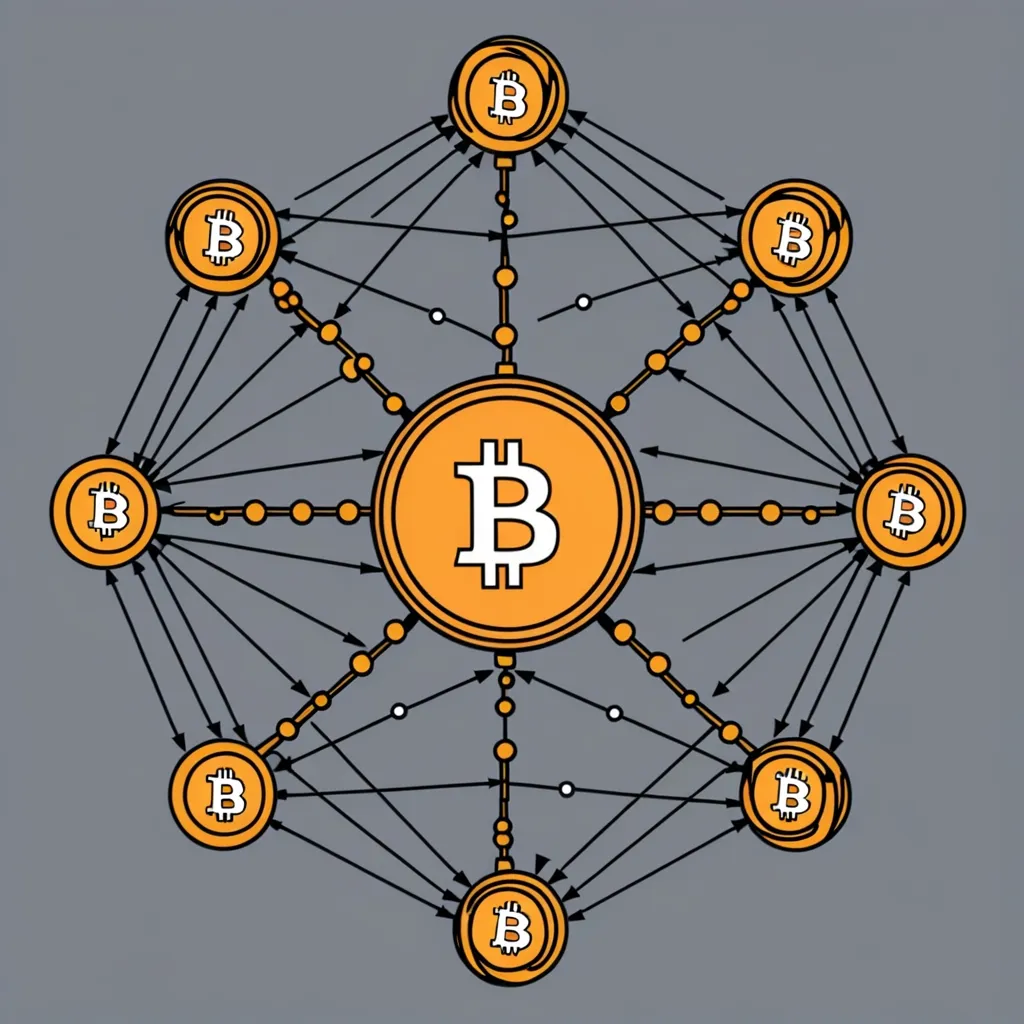The Dark Side of Biotechnology: Engineering Diseases as Weapons
We’re living in an era where the line between medical breakthroughs and potential threats is getting thinner by the day. It’s mind-boggling to think that the same technologies that could cure diseases might also be used to create them. Let’s dive into this complex world of engineered biological weapons and explore what it means for our future.
Remember when biological weapons were just about nasty germs found in nature? Well, those days are long gone. Now, with genetic engineering and synthetic biology, we’re looking at a whole new ballgame. Scientists can tinker with genes to make pathogens more infectious, deadlier, and resistant to treatment. It’s like they’re creating superbugs on steroids.
Take the former Soviet Union’s Biopreparat program, for instance. These guys were cooking up some seriously scary stuff - anthrax, plague, and smallpox strains that could laugh in the face of our immune systems and medical treatments. It’s like they were trying to create the ultimate biological trump card.
But here’s where it gets really wild. Synthetic biology isn’t just about tweaking existing bugs anymore. Scientists can now design and build entirely new biological systems from scratch. They can insert plasmids into bacteria to amp up their nastiness, create viruses that lie dormant until triggered, or even develop diseases that can jump from animals to humans. It’s like playing God, but with a seriously dark twist.
The COVID-19 pandemic gave us a taste of what a natural virus can do to our world. Now, imagine if someone engineered a virus to be even worse. It’s a terrifying thought, right? The possibility of terrorist groups or rogue nations getting their hands on this kind of tech keeps a lot of people up at night.
But wait, it gets even creepier. There’s talk about personalized bioweapons - nasties designed to target specific individuals or groups based on their genetic makeup. While it’s a huge technical challenge, the ethical implications are off the charts. And let’s not forget about ethnic weapons, designed to discriminate based on genetic characteristics. It sounds like something out of a sci-fi horror movie, but history has shown us that some people are willing to go to extreme lengths in the name of hatred.
So, what are we doing about all this? Well, the World Health Organization is working overtime to beef up global health security. They’re improving outbreak surveillance, enhancing biosafety measures, and trying to get different sectors to talk to each other. If the worst happens and we face a biological attack, WHO’s got our back, working with affected countries and international partners to figure out what’s going on and how to stop it.
But let’s be real - the future of biological warfare is looking pretty grim. With gene-editing techniques like CRISPR making it easier to tweak pathogens, there’s a worry that some nations might dust off their old biological weapons programs or start new ones. It’s like we’re in an arms race, but with microscopic soldiers.
This is why we need solid biodefense strategies now more than ever. We’re talking about developing new countermeasures, getting better at detecting these threats, and working together globally to deter anyone from even thinking about using biological weapons. The stakes are sky-high, and we can’t afford to drop the ball on this one.
You know, it’s crazy to think about how far we’ve come in biotechnology. On one hand, we’re making incredible strides in medicine and improving lives. On the other, we’re opening Pandora’s box of potential horrors. It’s like we’re walking a tightrope between progress and peril.
I can’t help but wonder what this means for our future. Will we see a world where personalized medicine saves millions of lives, or one where engineered pathogens wreak havoc on populations? The answer probably lies somewhere in between, and it’s up to us to steer the course.
It’s not all doom and gloom, though. The global community is waking up to these threats and taking action. We’re seeing more cooperation between countries, increased funding for biodefense research, and a growing awareness of the need for responsible biotechnology practices.
But here’s the thing - we can’t just leave this to the experts and policymakers. As citizens of the world, we all have a stake in this. We need to stay informed, support ethical scientific research, and demand transparency from our governments when it comes to biological research and defense.
Think about it - every time you hear about a new breakthrough in genetic engineering or synthetic biology, there’s potential for both good and bad. It’s like having a superpower - with great power comes great responsibility, right?
And let’s not forget the human element in all of this. Behind every scientific advancement, every policy decision, every potential threat, there are real people. Scientists grappling with the ethical implications of their work. Policymakers trying to balance progress with safety. Regular folks like you and me, hoping for cures but fearing the worst.
It’s a lot to take in, isn’t it? The idea that the next big pandemic could be engineered in a lab is pretty scary. But knowledge is power, and understanding these threats is the first step in protecting ourselves against them.
So, what can we do? Stay curious, stay informed, and stay engaged. Support scientific research that’s conducted ethically and transparently. Push for strong international agreements to prevent the misuse of biotechnology. And most importantly, never lose sight of the potential for good that these technologies hold.
The future of biological warfare is uncertain, but one thing’s for sure - we’re all in this together. Whether we’re talking about natural pandemics or engineered threats, our best defense is a united front. It’s about striking that delicate balance between scientific progress and global security.
As we move forward in this brave new world of biotechnology, let’s remember that every scientific advancement comes with a choice. We can choose to use our knowledge to heal or to harm. The power is in our hands, and it’s up to us to use it wisely.
In the end, the story of engineered biological weapons is really a story about us - our ingenuity, our fears, our hopes, and our choices. It’s a reminder that in the face of even the most daunting challenges, humanity has the capacity to come together, innovate, and overcome.
So, the next time you hear about a breakthrough in genetic engineering or synthetic biology, take a moment to think about the bigger picture. Appreciate the potential for good, but stay vigilant about the risks. And remember, in this interconnected world, your awareness and actions can make a difference.
The future may be uncertain, but one thing’s for sure - it’s going to be one hell of a ride. Let’s make sure we’re steering in the right direction.






